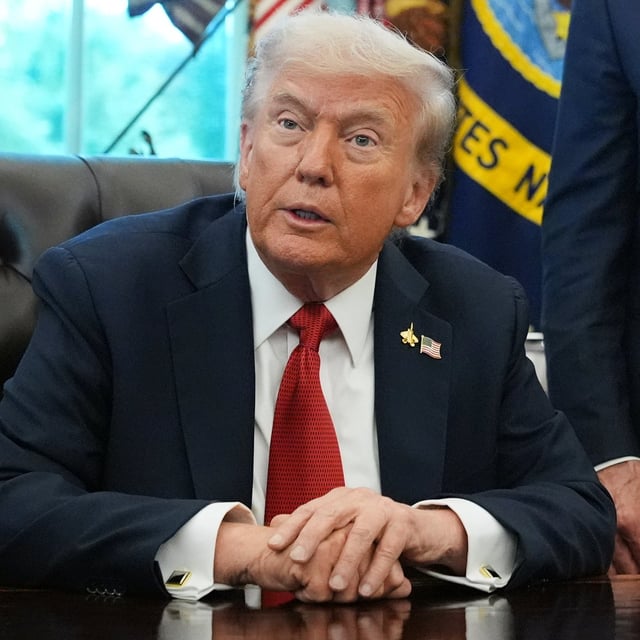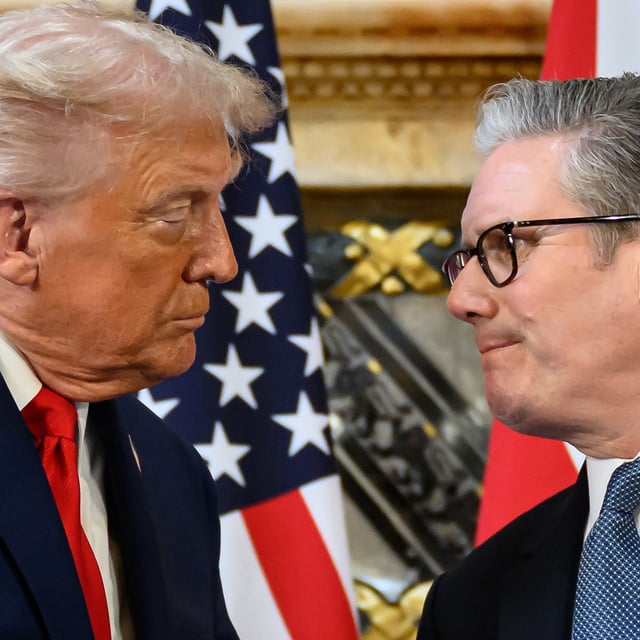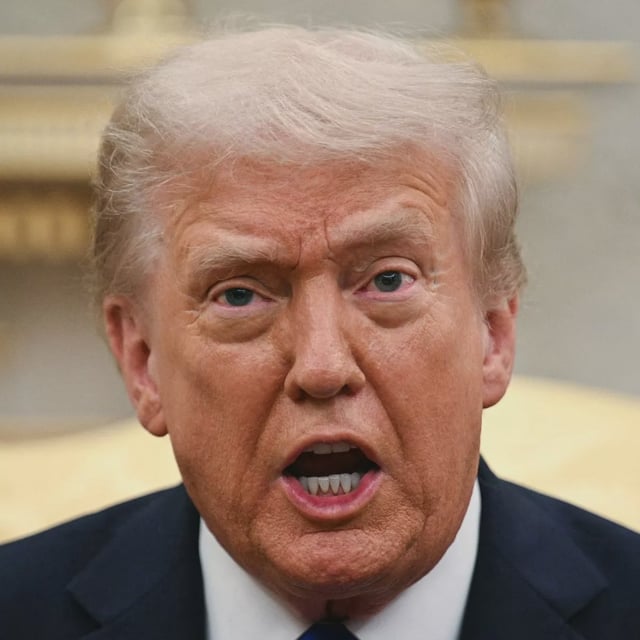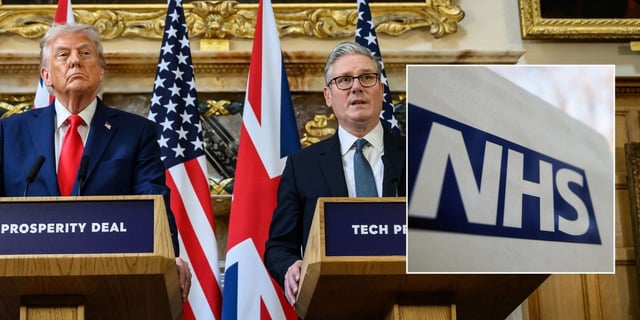Overview
- UK officials briefed the Trump administration on the plan this week, and the government says talks are in an advanced stage.
- The core idea is to raise NICE’s cost-effectiveness benchmark by about 25%—shifting roughly from £20,000–£30,000 to £25,000–£35,000 per QALY—making pricier drugs likelier to be approved and increasing NHS spending.
- Departments are divided over funding, with NHS leaders resisting taking the hit from existing budgets and the Treasury signaling no new money, according to multiple reports.
- The shift follows a string of investment decisions by drugmakers, including Merck halting a £1bn London research center, AstraZeneca and Eli Lilly pausing projects, and GSK announcing a $30bn investment in the US.
- President Trump has threatened tariffs of up to 100% on pharmaceutical imports, and Pfizer recently secured a three-year US tariff reprieve after price cuts, a move seen as a bellwether for the sector.



